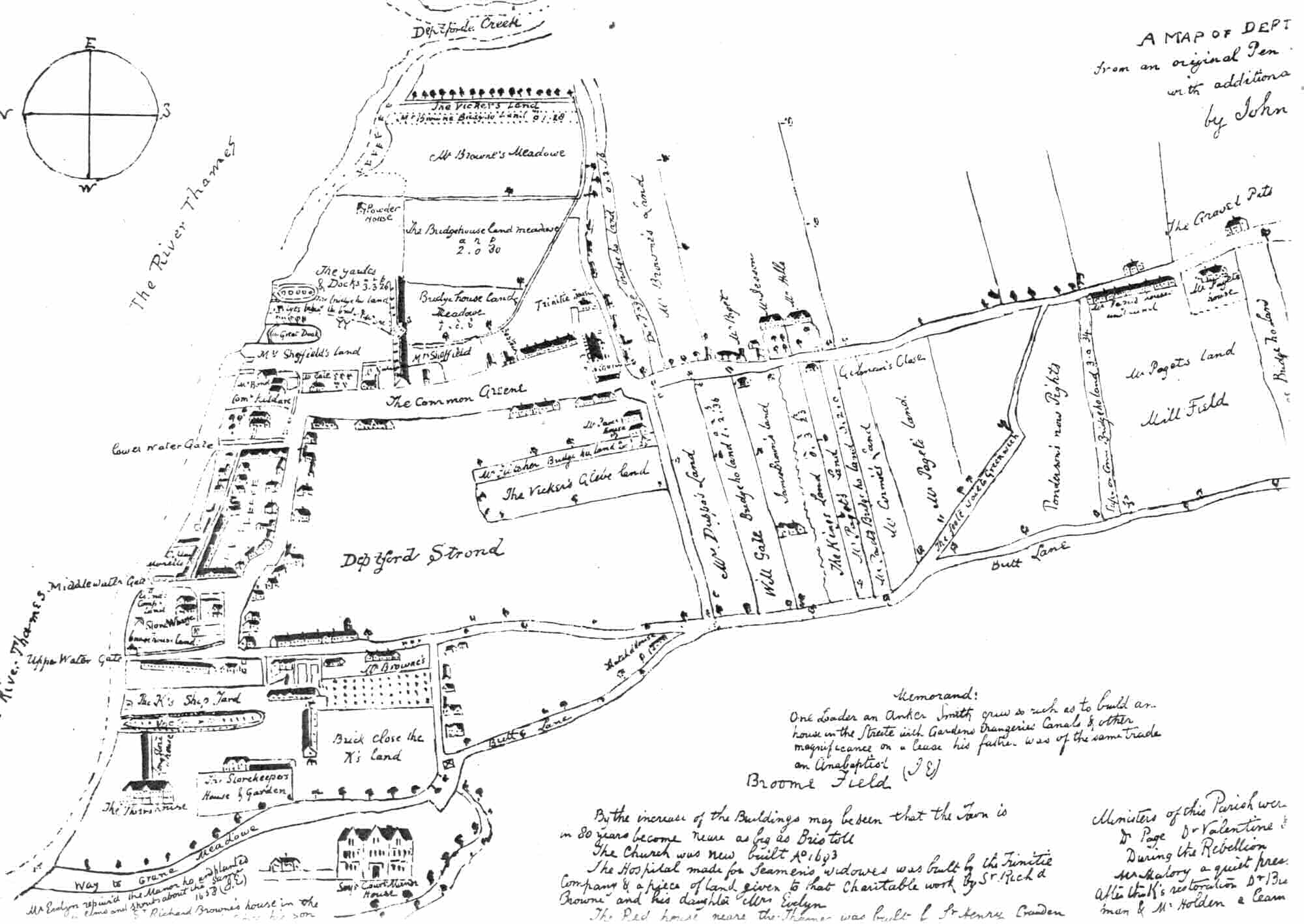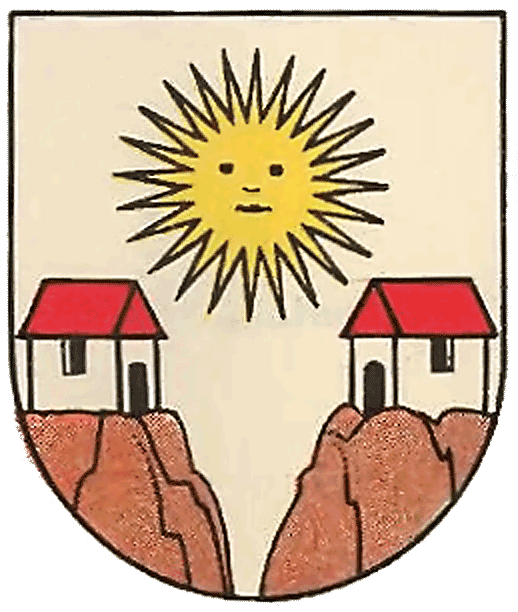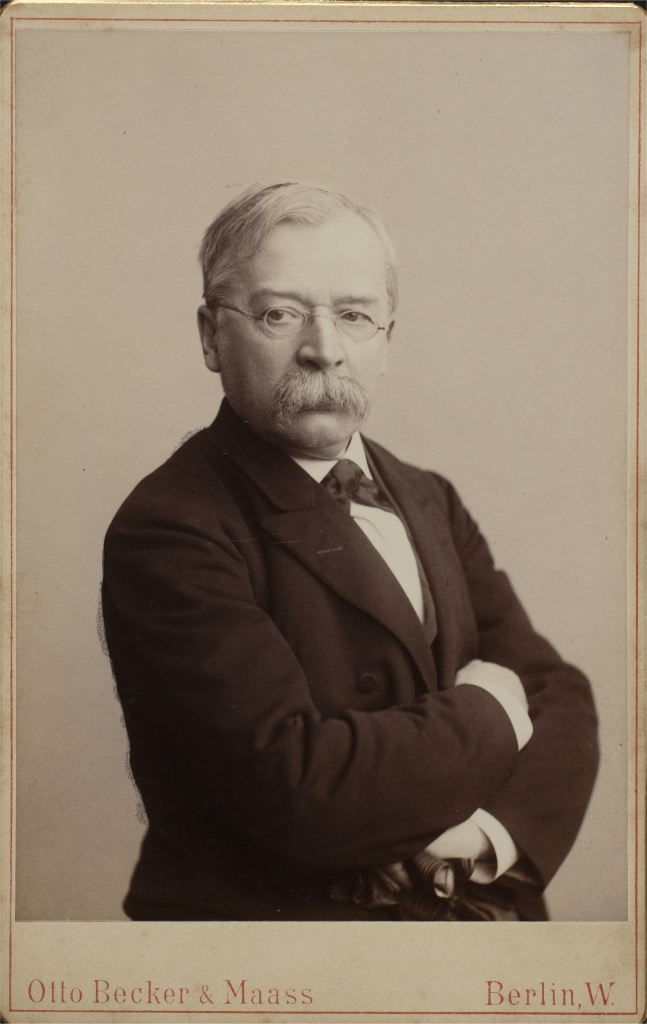|
Florence May
Florence May (1845 – 1923) was an English pianist who was the student and biographer of Johannes Brahms. She was born 6 February 1845 in Deptford, London, daughter of music educator Edward Collett May and his wife, Mary. Initially trained by her father and uncle, she studied music with Clara Schumann in Lichtental, Vienna in 1871. While Schumann was on holiday, Brahms took over her training as a favour to Schumann, and May and her fellow pupil Nathalie Janotha remained with him after Schumann’s return. Returning to England in 1873, she studied composition with George Macfarren George Macfarren (1788–1843) was a playwright and the father of composer George Alexander Macfarren. Life He was born in London 5 September 1788. He was the son of George Macfarren. He was educated chiefly at Archbishop Tenison's school in Cas ... and Woldemar Bargiel. She performed concert tours in Berlin in 1887 and Vienna in 1890 and 1896, as well as numerous concerts in England. In 1900 she ... [...More Info...] [...Related Items...] OR: [Wikipedia] [Google] [Baidu] |
Johannes Brahms
Johannes Brahms (; ; 7 May 1833 – 3 April 1897) was a German composer, virtuoso pianist, and conductor of the mid-Romantic period (music), Romantic period. His music is noted for its rhythmic vitality and freer treatment of dissonance, often set within studied yet expressive contrapuntal textures. He adapted the traditional structures and techniques of a wide historical range of earlier composers. His includes four symphony, symphonies, four concertos, a Requiem, much chamber music, and hundreds of folk-song arrangements and , among other works for symphony orchestra, piano, organ, and choir. Born to a musical family in Hamburg, Brahms began composing and concertizing locally in his youth. He toured Central Europe as a pianist in his adulthood, premiering many of his own works and meeting Franz Liszt in Weimar. Brahms worked with Ede Reményi and Joseph Joachim, seeking Robert Schumann's approval through the latter. He gained both Robert and Clara Schumann's strong support ... [...More Info...] [...Related Items...] OR: [Wikipedia] [Google] [Baidu] |
Deptford
Deptford is an area on the south bank of the River Thames in southeast London, in the Royal Borough of Greenwich and London Borough of Lewisham. It is named after a Ford (crossing), ford of the River Ravensbourne. From the mid 16th century to the late 19th it was home to Deptford Dockyard, the first of the Royal Navy Dockyard, Royal Dockyards. This was a major shipbuilding dock and attracted Peter the Great to come and study shipbuilding. Deptford and the docks are associated with the knighting of Francis Drake, Sir Francis Drake by Elizabeth I, Queen Elizabeth I aboard the ''Golden Hind'', the legend of Walter Raleigh, Sir Walter Raleigh laying down his cape for Elizabeth, James Cook, Captain James Cook's third voyage aboard HMS Resolution (1771), HMS ''Resolution'', and the mysterious apparent murder of Christopher Marlowe in a house along Deptford Strand. Though Deptford began as two small communities, one at the ford, and the other a fishing village on the Thames, Deptfo ... [...More Info...] [...Related Items...] OR: [Wikipedia] [Google] [Baidu] |
Edward Collett May
Edward Collett May (October 29, 1806-Jan. 2, 1887) was an English music educator. Life He was born in Greenwich, where his father was a shipbuilder. His first teacher was his brother Henry, an amateur musician and composer of considerable ability. When about fifteen years of age, Thomas Adams, then organist of St. Paul's, Deptford, and an intimate friend of the May family, struck by the promise and intelligence of Edward, offered to take him as a pupil. This offer was, of course, willingly accepted, and for several years he received regular instruction in composition and organ-playing from him. Subsequently he became a pupil of Cipriani Potter for the piano, and of Domenico Crivelli for singing. In 1837 he was appointed organist of Greenwich Hospital, an office he held till the abolition of the institution in 1869. May's career as a music educator grew out of his accidental attendance at one of many lectures on popular instruction in vocal music given by John Pyke Hullah about ... [...More Info...] [...Related Items...] OR: [Wikipedia] [Google] [Baidu] |
Clara Schumann
Clara Josephine Schumann (; ; née Wieck; 13 September 1819 – 20 May 1896) was a German pianist, composer, and piano teacher. Regarded as one of the most distinguished pianists of the Romantic music, Romantic era, she exerted her influence over the course of a 61-year concert career, changing the format and repertoire of the piano recital by lessening the importance of purely virtuoso, virtuosic works. She also composed solo piano pieces, a Piano Concerto (Clara Schumann), Piano Concerto, chamber music, choral pieces, and songs. She grew up in Leipzig, where both her father Friedrich Wieck and her mother Mariane Bargiel, Mariane were pianists and piano teachers. In addition, her mother was a singer. Clara was a child prodigy, and was trained by her father. She began touring at age eleven, and was successful in Paris and Vienna, among other cities. She married the composer Robert Schumann, on 12 September 1840, and the couple had eight children. Together, they encouraged Johan ... [...More Info...] [...Related Items...] OR: [Wikipedia] [Google] [Baidu] |
Lichtental
Lichtental is a part of the district of Alsergrund, Vienna. It was an independent municipality until 1850. Notable people * Hans-Adam I, Prince of Liechtenstein (1657–1712) lived here. * Caterina Cavalieri (1755–1801), opera singer, was born here. * Therese Grob (1798–1875), the first love of the composer Franz Schubert Franz Peter Schubert (; ; 31 January 179719 November 1828) was an Austrian composer of the late Classical period (music), Classical and early Romantic music, Romantic eras. Despite his short life, Schubert left behind a List of compositions ..., was born here. * Anton von Schmerling (1805–1893), Austrian politician, was born here. * Georg Herwegh (1817–1875), German writer, died here. Alsergrund Katastralgemeinde of Vienna {{Austria-hist-stub ... [...More Info...] [...Related Items...] OR: [Wikipedia] [Google] [Baidu] |
Natalia Janotha
Natalia Janotha (8 June 18569 June 1932) was a Polish pianist and composer. Biography Natalia Janotha was born in Warsaw, Poland, the daughter of Juliusz Janotha, who was a composer and teacher at the Music Institute in Warsaw. She started piano lessons with her father at a young age and later studied music in Berlin with Ernst Rudorff, Woldemar Bargiel, and Clara Schumann. She also may have had lessons from Johannes Brahms. She performed her first recital in 1868 and toured Europe as a concert pianist. She was known as an interpreter of the music of Chopin, whose sister was a very close friend of her mother's; and she received advice from Chopin's pupil Princess Czartoryska née Radziwill. In 1885 she became the Imperial Court pianist in Berlin. She also won notoriety as a mountain climber, sometimes wearing men's trousers. In 1883 she became the first woman to ascend Gerlach, the highest mountain in the Carpathians. She lived in London for a few years, but was deported in ... [...More Info...] [...Related Items...] OR: [Wikipedia] [Google] [Baidu] |
George Macfarren
George Macfarren (1788–1843) was a playwright and the father of composer George Alexander Macfarren. Life He was born in London 5 September 1788. He was the son of George Macfarren. He was educated chiefly at Archbishop Tenison's school in Castle Street, Leicester Square, and while there he wrote a tragedy which was privately played by his school-fellows, with the support of Edmund Kean, then a boy of their own age. Macfarren was also something of a musician, and according to his son, Sir G. Macfarren, "he could sustain either of the parts in a violin quartet," and "had he not met with a fashionable teacher of dancing, named Bishop, who offered to make him a gentleman instead of a fiddler, he would have adopted music as his profession". He was the first teacher of James Oury the violinist, and while still under twenty years of age he opened a dancing academy of his own. In 1816, he visited Paris, where he had lessons in dancing from the best teachers. His natural bent was ... [...More Info...] [...Related Items...] OR: [Wikipedia] [Google] [Baidu] |
Woldemar Bargiel
Woldemar Bargiel (3 October 182823 February 1897) was a German composer and conductor of the Romantic period. Life Bargiel was born in Berlin and was the younger maternal half-brother of Clara Schumann. Bargiel’s father Adolph was a well-known piano and voice teacher while his mother Mariane Tromlitz, a granddaughter of the famous flautist Johann Georg Tromlitz, had previously been unhappily married to Clara’s father, Friedrich Wieck. Clara was nine years older than Woldemar. Throughout their lives, they enjoyed a warm relationship. The initial opportunities which led to the success and recognition he enjoyed were due to Clara, who introduced him to both Robert Schumann and Felix Mendelssohn. Bargiel received his first lessons at home and later with the well-known Berlin teacher of music theory Siegfried Wilhelm Dehn. Upon the suggestion of Schumann and the recommendation of Mendelssohn, Bargiel at age 18 went to study at the famous Leipzig Conservatory with some of the lea ... [...More Info...] [...Related Items...] OR: [Wikipedia] [Google] [Baidu] |
1845 Births
Events January–March * January 1 – The Philippines began reckoning Asian dates by hopping the International Date Line through skipping Tuesday, December 31, 1844. That time zone shift was a reform made by Governor–General Narciso Claveria on August 16, 1844, in order to align the local calendars in the country with the rest of Asia as trade interests with Imperial China, Dutch East Indies and neighboring countries increased, after Mexico became independent in 1821. The reform also applied to Caroline Islands, Guam, Marianas Islands, Marshall Islands, and Palau as part of the Captaincy General of the Philippines. * January 10 – Elizabeth Barrett receives a love letter from the younger poet Robert Browning; on May 20, they meet for the first time in London. She begins writing her ''Sonnets from the Portuguese''. * January 23 – The United States Congress establishes a uniform date for federal elections, which will henceforth be held on the first Tuesday after t ... [...More Info...] [...Related Items...] OR: [Wikipedia] [Google] [Baidu] |
1923 Deaths
In Greece, this year contained only 352 days as 13 days was skipped to achieve the calendrical switch from Julian to Gregorian Calendar. It happened there that Wednesday, 15 February ''(Julian Calendar)'' was followed by Thursday, 1 March ''(Gregorian Calendar).'' Events January–February * January 9, January 5 – Lithuania begins the Klaipėda Revolt to annex the Klaipėda Region (Memel Territory). * January 11 – Despite strong British protests, troops from France and Belgium Occupation of the Ruhr, occupy the Ruhr area, to force Germany to make reparation payments. * January 17 (or 9) – First flight of the first rotorcraft, Juan de la Cierva's Cierva C.4 autogyro, in Spain. (It is first demonstrated to the military on January 31.) * February 5 – Australian cricketer Bill Ponsford makes 429 runs to break the world record for the highest first-class cricket score for the first time in his third match at this level, at Melbourne Cricket Ground, giving the Victor ... [...More Info...] [...Related Items...] OR: [Wikipedia] [Google] [Baidu] |
People From Deptford
The term "the people" refers to the public or common mass of people of a polity. As such it is a concept of human rights law, international law as well as constitutional law, particularly used for claims of popular sovereignty. In contrast, a people is any plurality of persons considered as a whole. Used in politics and law, the term "a people" refers to the collective or community of an ethnic group or nation. Concepts Legal Chapter One, Article One of the Charter of the United Nations states that "peoples" have the right to self-determination. Though the mere status as peoples and the right to self-determination, as for example in the case of Indigenous peoples (''peoples'', as in all groups of indigenous people, not merely all indigenous persons as in ''indigenous people''), does not automatically provide for independent sovereignty and therefore secession. Indeed, judge Ivor Jennings identified the inherent problems in the right of "peoples" to self-determination, as i ... [...More Info...] [...Related Items...] OR: [Wikipedia] [Google] [Baidu] |
19th-century English Women Musicians
The 19th century began on 1 January 1801 (represented by the Roman numerals MDCCCI), and ended on 31 December 1900 (MCM). It was the 9th century of the 2nd millennium. It was characterized by vast social upheaval. Slavery was abolished in much of Europe and the Americas. The First Industrial Revolution, though it began in the late 18th century, expanded beyond its British homeland for the first time during the 19th century, particularly remaking the economies and societies of the Low Countries, France, the Rhineland, Northern Italy, and the Northeastern United States. A few decades later, the Second Industrial Revolution led to ever more massive urbanization and much higher levels of productivity, profit, and prosperity, a pattern that continued into the 20th century. The Catholic Church, in response to the growing influence and power of modernism, secularism and materialism, formed the First Vatican Council in the late 19th century to deal with such problems and confirm cer ... [...More Info...] [...Related Items...] OR: [Wikipedia] [Google] [Baidu] |








